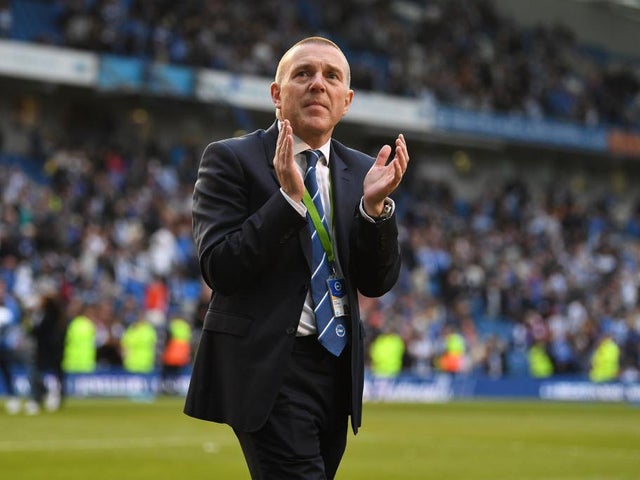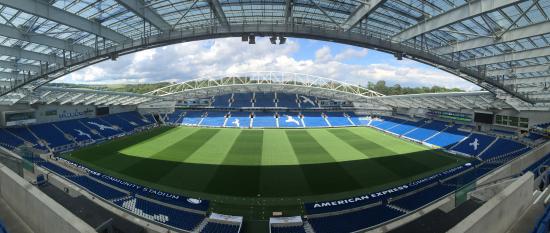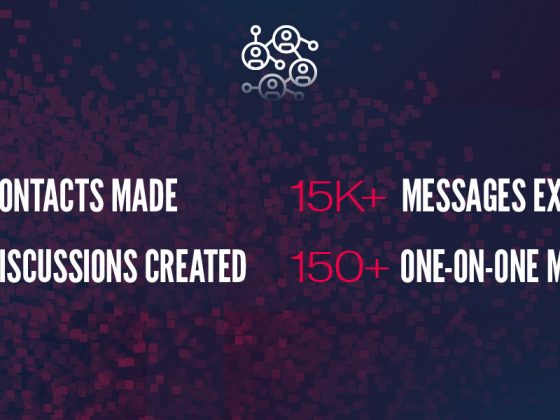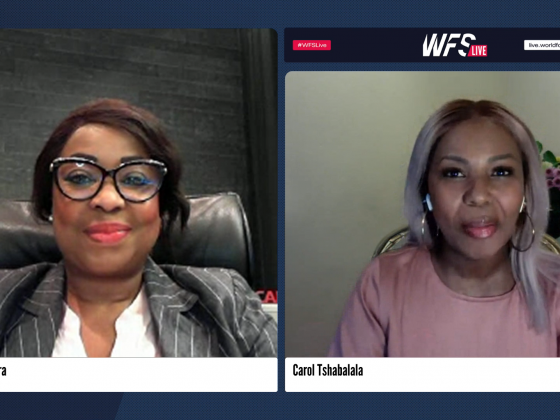Paul Barber is the Chief Executive of Brighton & Hove Albion FC and will be one of the speakers during the WFS Live powered by Octagon, which is taking place from July 6th to July 10th. We recently caught up with him to talk about the challenges and opportunities that lie ahead fort the football industry in the post-Covid era.
Q. You’ve been in the football industry for over 25 years, do you recall any crisis similar to the one we are currently facing due to the Covid-19 pandemic?
A. No, this is by far the worst crisis for the football industry.
Q. Which have been the major challenges that you’ve had to overcome, personally and professionally, in the past months?
A. Similar to most people; concerns for people’s health; financial concerns for our business; and general uncertainty.
Q. As a chief executive of a large business, how have you managed to balance the financial pressure of having to get back to business as soon as possible and the huge responsibility of taking care of the well-being of the club’s players, employees and fans?
A. Health must come first. Then it’s about being adaptable, flexible and pragmatic. We’ve tried to be open and transparent to all stakeholders at all times.
Q. Although football is restarting it seems clear that it’s going to be a TV only entertainment for quite some time, meaning that there will be no match-day revenue at least until 2021. How is Brighton preparing to face this unprecedented situation?
A. We’ve taken action to halt major projects and to reduce costs where we can. We’re also lobbying to get fans back in as soon as it is safe, even on a phased basis.
Q. This crisis has proved that clubs rely too much on match-day income and media rights and that if football is to continue growing there is a huge need to explore other revenue streams. Where do you think these new revenue streams can be found considering that investment in sponsoring is also likely to decrease since most industries have been seriously hit?
A. In my experience, clubs have always looked to build new and more sustainable revenue streams. Achieving this while maintaining focus on core objectives is challenging.
Q. A couple of months ago, Brighton Chairman Tony Bloom said he wished Covid-19 “sparks a change in football’s broken financial model”. Do you agree? Which would you say should be the most urgent changes?
A. For most of the industry to be losing money every year is clearly an unsustainable model. We need to be prepared to manage our cost base – player salaries – far more robustly to reverse the model. This is easier said than done in a competitive industry that relies on the best talent.
Q. Changing the financial model will undoubtedly take some time. In the meantime, how do you think this crisis is going to reshape the football landscape and what do you think will be the main consequences?
A. This crisis has shaken all of us. We need to ensure our contracts are more resilient for the future, and we need to ensure we have better protection in our contracts.
“We need to ensure our contracts are more resilient for the future, and we need to ensure we have better protection in our contracts” – Paul Barber
Q. We’re focusing a lot on the challenges, but obviously there will also be opportunities arising. From where we stand today, which do you envision?
A. The obvious one is to learn the lessons of the past 3 months – there are many!
Q. You are going to be one of the key speakers at the upcoming WFS Live powered by Octagon along with a number of global leaders across the industry. How do you think a gathering like this can help football at this moment and what topics and issues are you most looking forward to discussing?
A. It’s always good to share views and opinions, there is much to learn from colleagues.
Q. At WFS Live we believe this crisis can provide an opportunity to kick off a new beginning for the football industry. From the perspective of a top club like Brighton, what do you think can be done in this new era to make football even greater?
A. Well, we’ve all shown we can adapt to very challenging circumstances. We can innovate. We can survive. Hopefully, moving forward we can prosper too.




